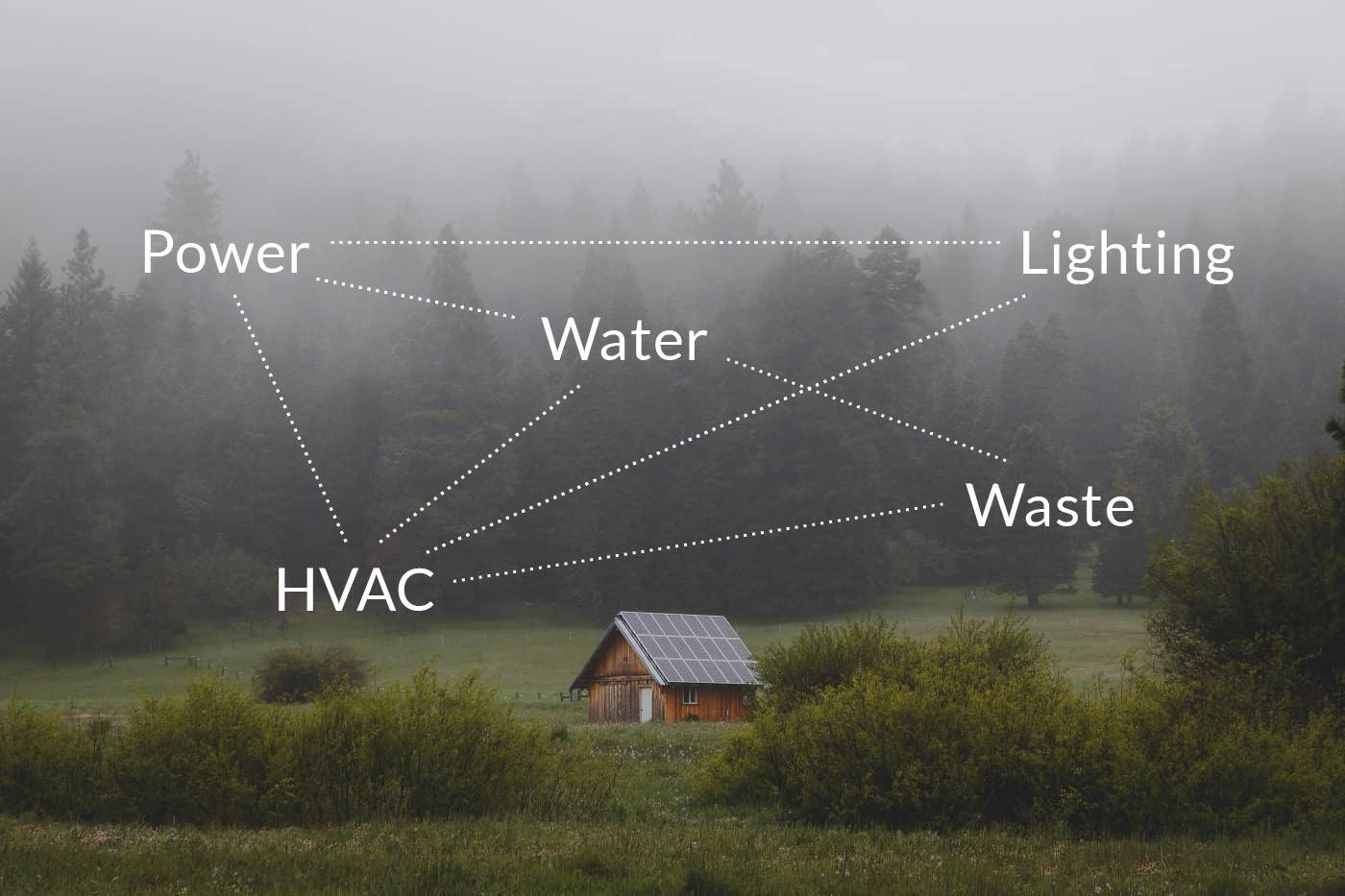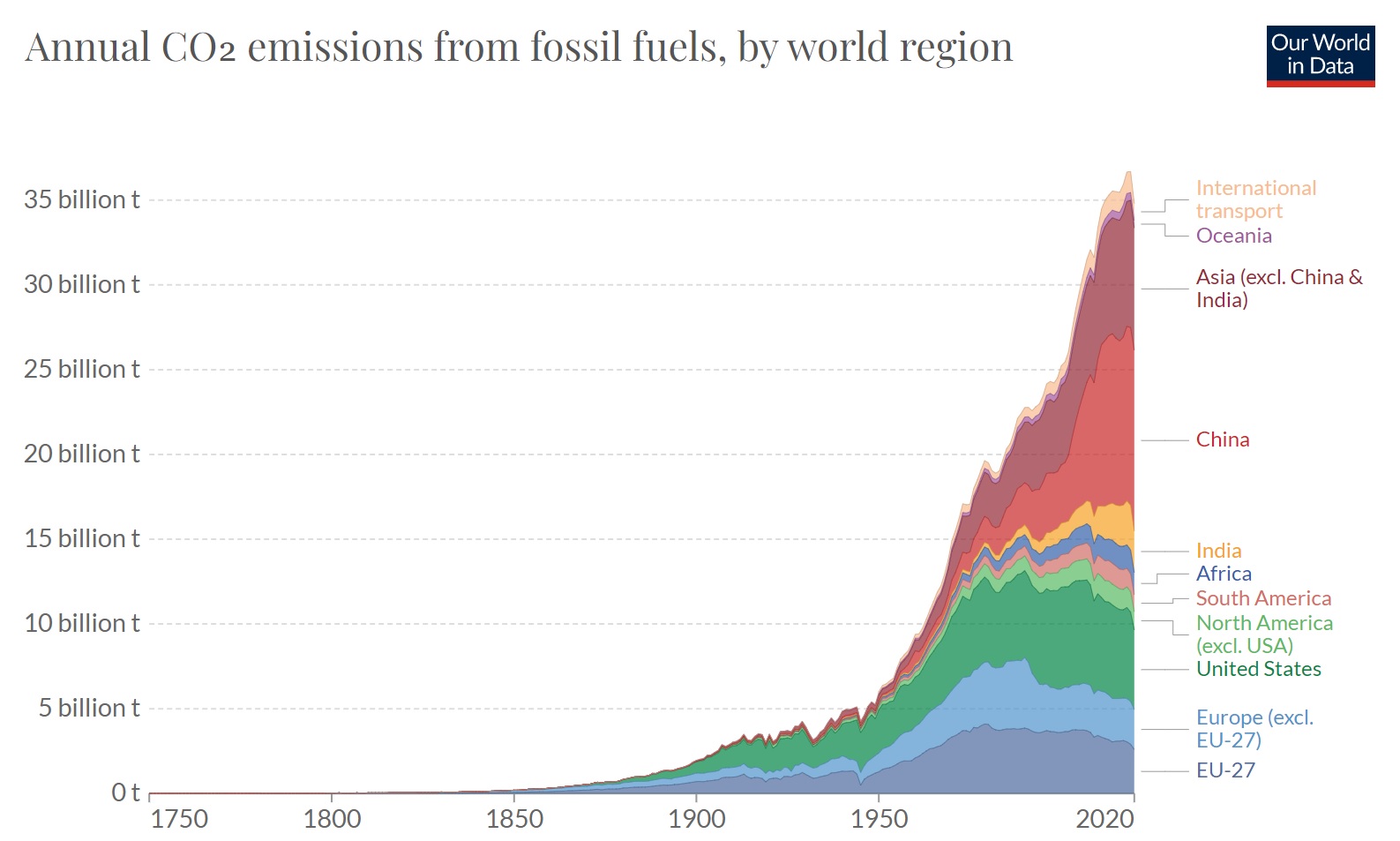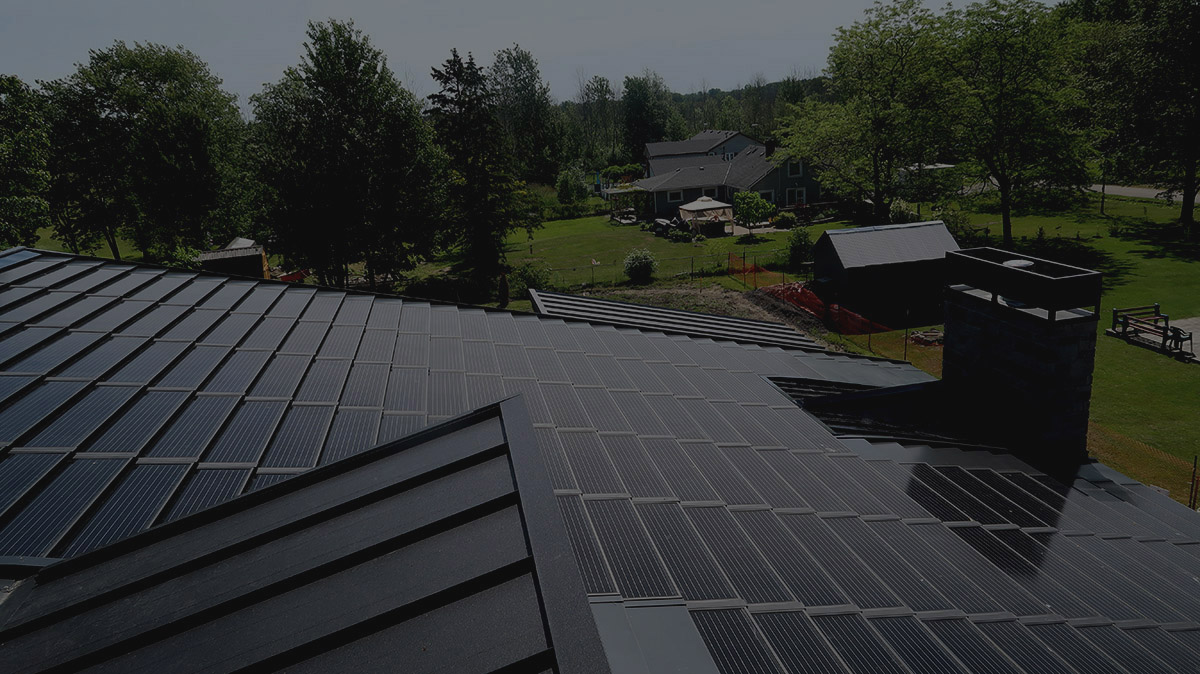P10: Reinforcing the foundations of Sustainable Living
Bringing together, integrating and quantifying the necessary building blocks for defining the decentralised net-zero homes of the next decade.


Bringing together, integrating and quantifying the necessary building blocks for defining the decentralised net-zero homes of the next decade.
The Challenge
Global emissions are on the rise, primarily due to developing nations. This is projected to worsen in the near future. Work in this area generally tends to focus on providing solutions for the developed nations; as great as the progress is, the path to be undertaken for growing economies would be significantly different. We need sustainable solutions that are accessible to the massive and growing pool of socially-mobile middle-income groups of the developing nations.
Through my exposure to technological developments and the economic and geopolitical factors that accompany them, I have come to understand that decentralisation of critical infrastructures is key to sustained and stable growth in both quality of life and quality of governance, in developed nations and more so in developing ones. But there is no one-size-fits-all solution. We need decentralised solutions coexisting with centralised ones to create a stronger, more resilient system.

A small start towards a greater ambition
Power Generation
Photovoltaic, Wind, Geothermal, Biomass, Hydro, Wave & Tidal
Water Management
Harvesting, Recycling, Repurposing
HVAC Management
Geothermal, Dynamic Intelligent Architecture, Material Choices
Organic Waste Management
Human waste, Water waste, Food waste
Sustainable Home Gardens
Agrivoltaics, Monitoring & Growth Optimisation
Our Approach
What would be the optimal level of decentralisation? What are the factors to be considered? What would the economies of scale look like? How can the solutions be maximally feasible given the environmental and economic variations?
We are working towards discerning this challenge from a holistic and integrated perspective with all the aforementioned interdependent systems and their dependencies taken into consideration.
Due to the regional variations in climatic conditions, cultural and social norms, etc., a monolithic approach would be only effective within a limited scope.
We hope to quantify the various developments such that we’d be able to plot them against a multitude of parameters that are required for integrating and deploying the solutions across differing environmental conditions including regional resource availability. This entails a data-driven approach to define a set of guidelines mapped to the environmental variations. Designers, engineers and civil authorities could then effectively further the advancements in each respective area using these guidelines.
Developments
We are presently collecting and assessing data, and establishing strategic partnerships that would allow us to expedite our progress. We have been running multiple experiments, all contributing to the same vision. We employed a custom IoT firmware on Shelly modules for monitoring power consumption and proprietary modules for monitoring water consumption. Following are brief descriptions of some of the experiments:
Targets for 2030
10
10
10
My Role
I have been co-heading P10 with Mr Jithu Panicker as a long-term experimental project. Our work began in 2018 as a hobby project when our friends asked us to help them in “smartifying” their new residential unit. We have since taken up a handful of similar projects, leading to the formation of P10 in 2020. My responsibilities include leading the team, managing relationships with partners, and researching the state-of-the-art.
The Team
In early 2021, we partnered up with Mecon, a firm leading the MENA region in advanced power distribution systems. Mecon’s team brings experience and expertise from multiple large scale sustainability projects; working with them has massively aided the young Aufenbach team as well as our vision as a whole.
Status
We presently have teams working on the aforementioned experiments, and are expanding our team for three more experiments in the following areas: ① In-house waste management for organic wastes which constitute 44% of all global waste composition, ② Cost-effective localised water recycling techniques to drop net consumption by 50-90%, and ③ Sustainability in construction and deconstruction.
My Role
I have been co-heading P10 with Mr Jithu Panicker as a long-term experimental project. Our work began in 2018 as a hobby project when our friends asked us to help them in “smartifying” their new residential unit. We have since taken up a handful of similar projects, leading to the formation of P10 in 2020. My responsibilities include leading the team, managing relationships with partners, and researching the state-of-the-art.
The Team
In early 2021, we partnered up with Mecon, a firm leading the MENA region in advanced power distribution systems. Mecon’s team brings experience and expertise from multiple large scale sustainability projects; working with them has massively aided the young Aufenbach team as well as our vision as a whole.
Status
We presently have teams working on the aforementioned experiments, and are expanding our team for three more experiments in the following areas: ① In-house waste management for organic wastes which constitute 44% of all global waste composition, ② Cost-effective localised water recycling techniques to drop net consumption by 50-90%, and ③ Sustainability in construction and deconstruction.
